Let’s clear up some confusion about SEO.
There’s a lot of misinformation floating around and frankly it’s frustrating! I’ve been in the SEO game for a while now and I’ve seen it all – the hyped-up tactics the “guaranteed” results and the plain old myths that just won’t die.
So grab a coffee settle in and let’s debunk some of the biggest SEO whoppers.

The Myth of Keyword Density: Forget the Percentage Game!
Many believe there’s a magic keyword density percentage that guarantees top rankings.
The idea is that cramming your keywords into your content will somehow trick Google.
Think again! Google’s not stupid; they’re way smarter than that.
They’ve stated time and again that keyword density isn’t a ranking factor.
In fact excessively repeating keywords – otherwise known as “keyword stuffing” – can actually hurt your rankings.
It makes your content look spammy and unnatural which is a big no-no for Google’s algorithms.
Instead of focusing on arbitrary percentages concentrate on writing high-quality engaging content that naturally incorporates your target keywords. Think about what your audience wants to read not what Google might want to see. A well-written helpful article will naturally weave in relevant terms without looking forced. Aim for readability not keyword density. Use tools that analyze your text for keyword stuffing but don’t let the percentage dictate your writing style. Write naturally and let the keywords flow organically from your content.
Why Natural Language Trumps Keyword Density
Google’s algorithms are increasingly sophisticated.
They now understand context and meaning not just individual keywords.
They’re focusing on semantic search meaning they understand the relationship between words and phrases.
A well-written piece of content that answers user queries naturally will always outrank a poorly written one regardless of its keyword density.
The focus should be on providing value to the reader not gaming the system.
Furthermore forcing keywords into your content often results in awkward phrasing and poor readability.
Users will quickly abandon your page if it’s difficult to read or doesn’t answer their questions effectively.
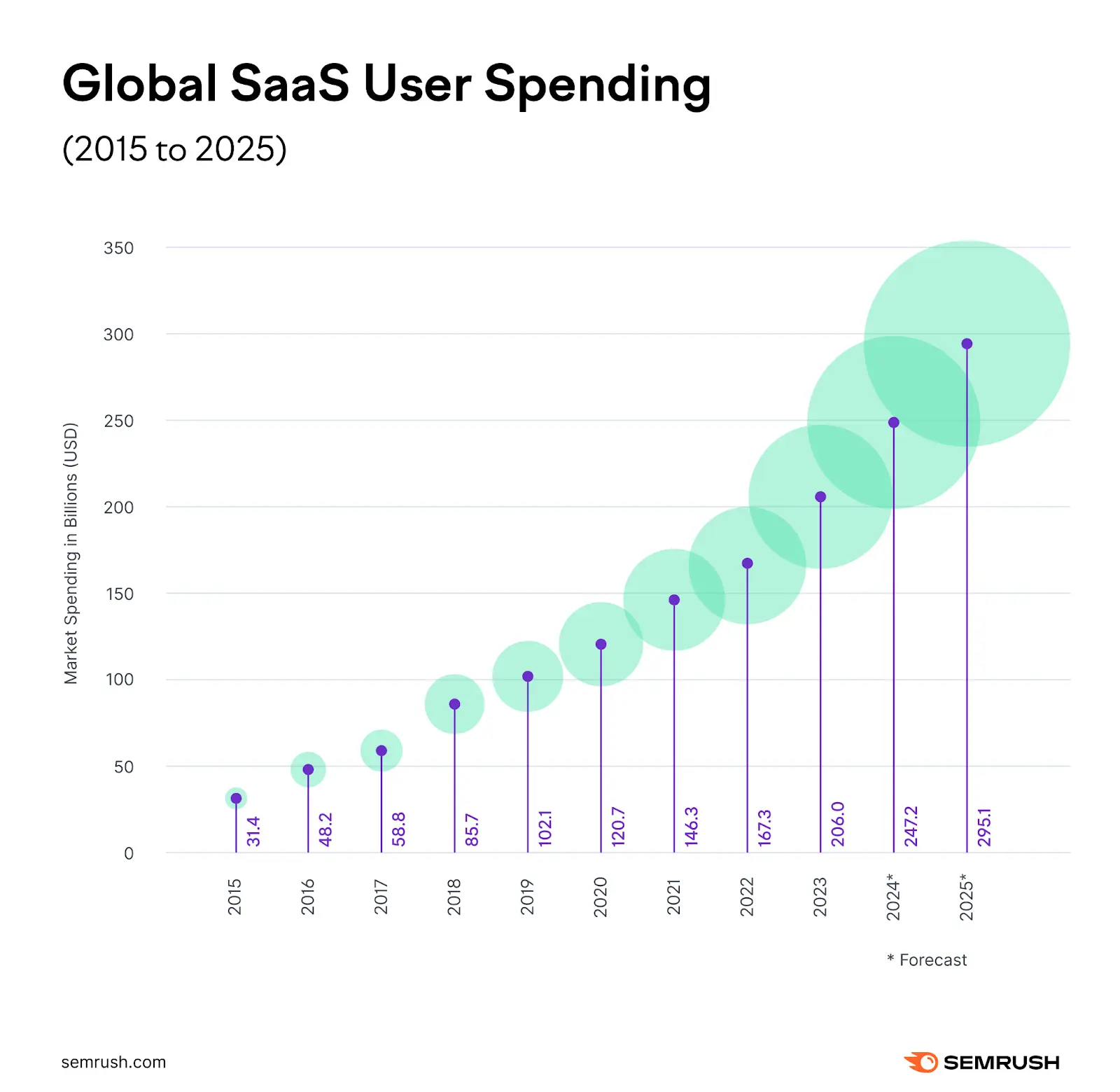
Hey, fellow Redditors! Think you’ve got SEO nailed? 🤔 Think again! This post just busted some MAJOR SEO myths. Want to level up your SEO game and finally rank higher? 🚀 Check out this killer guide to avoid SEO pitfalls! Let’s get those sweet, sweet rankings! ⬆️
A high bounce rate sends a negative signal to Google counteracting any perceived benefit of your keyword stuffing.
Prioritize a natural writing style that provides real value to your audience; the rankings will follow.
LSI Keywords: A Misunderstood Concept
The concept of Latent Semantic Indexing (LSI) keywords has been floating around for years.
The idea is that Google uses this method to understand the relationships between words and rank content accordingly.

People used to think that including words and phrases semantically related to your main keywords but not direct synonyms was crucial for SEO success.

However this is a myth.
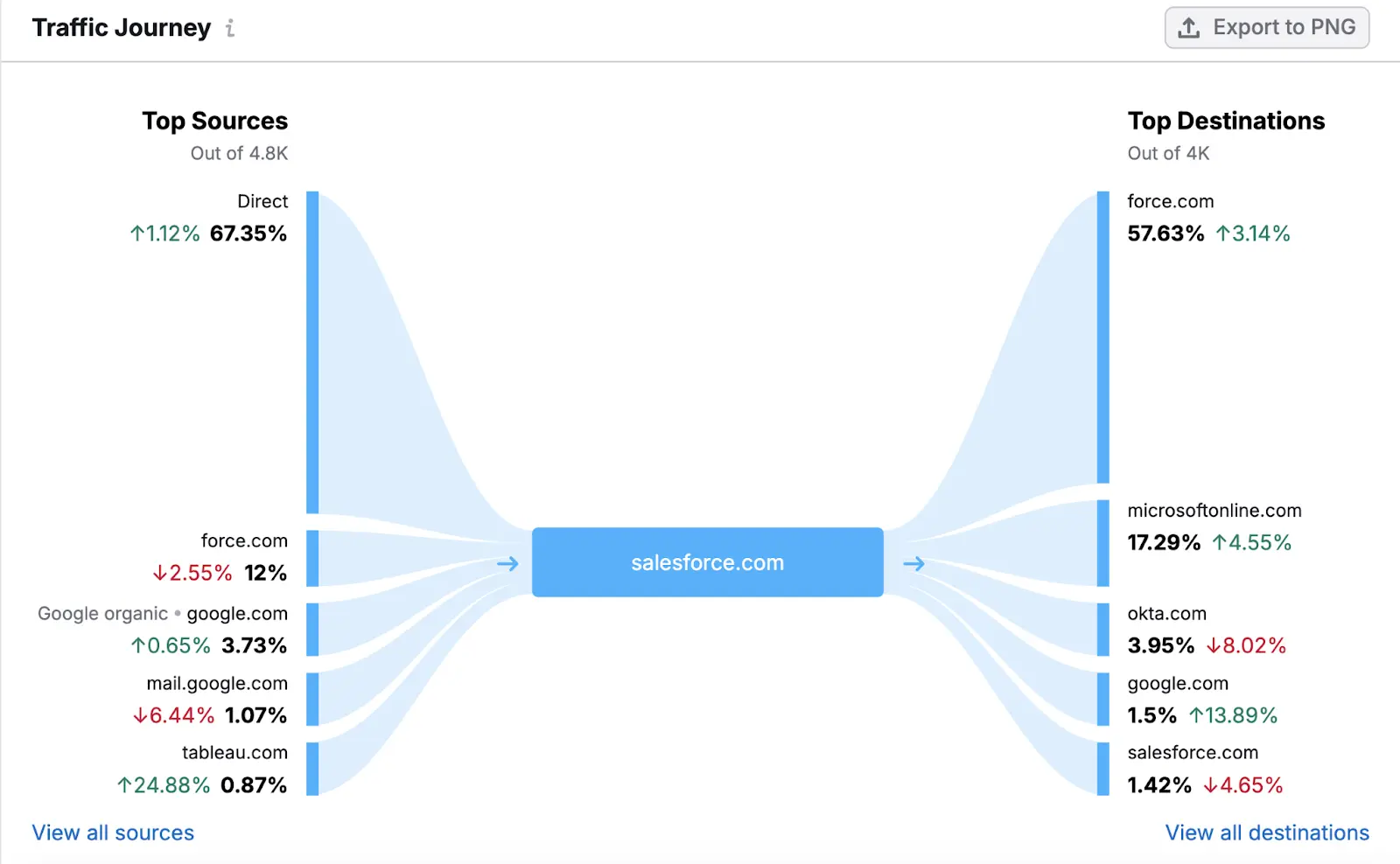
Google has directly confirmed that LSI keywords as a specific SEO tactic don’t exist.
This doesn’t mean that Google doesn’t understand semantics! They absolutely do.
What’s important is to create comprehensive content that naturally incorporates relevant keywords showcasing a deep understanding of the topic.
The focus should be on creating in-depth helpful content not on trying to game the system with specific “LSI” keywords.
Semantic Search: Understanding the Nuances
Google’s algorithms prioritize semantic search meaning they look at the overall meaning and context of your content not just individual keywords.
A well-written article that comprehensively covers a topic will naturally incorporate related terms and phrases even if they aren’t technically “LSI” keywords.
This natural use of semantically related terms demonstrates expertise and authority which are key ranking factors.

So focus on creating exceptional thorough content that answers user queries effectively – that’s what Google wants to see.
Don’t get caught up in trying to identify and use specific “LSI” keywords; instead focus on providing value to your audience.
The more comprehensive and in-depth your content the more likely it is to rank well.
The algorithms will reward your efforts to create high-quality insightful content that genuinely helps people.
High-Volume Keywords Aren’t Always the Best Option
Many believe that targeting high-volume keywords – those with millions of monthly searches – is the key to success.
While these keywords have high search volume they’re often extremely competitive.

Landing on the first page for highly competitive keywords is exceedingly difficult especially for newer websites.
It’s much more effective to focus on lower-volume keywords that are more specific to your niche.
These keywords although generating less overall traffic often have much lower competition.
This means you have a much better chance of ranking highly for these terms.
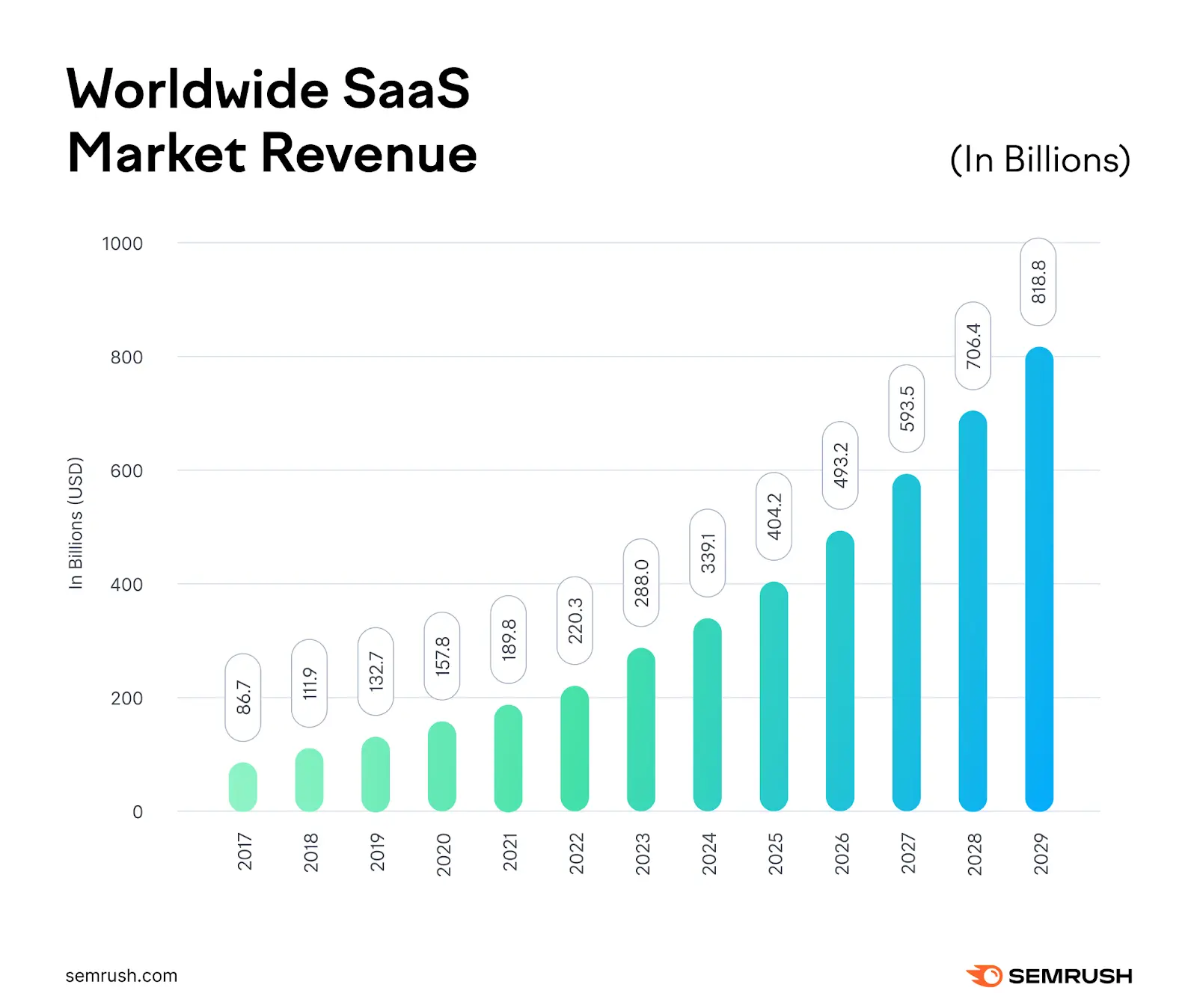
Targeting long-tail keywords which are longer and more specific phrases is often more effective than focusing on short high-volume keywords.
Targeting Long-Tail Keywords: A Strategic Approach
Consider your target audience.
What kind of searches are they likely to perform? High-volume keywords are often very broad meaning they attract a wide range of users not all of whom are your ideal customers.
Long-tail keywords on the other hand are more specific and target a more focused audience.
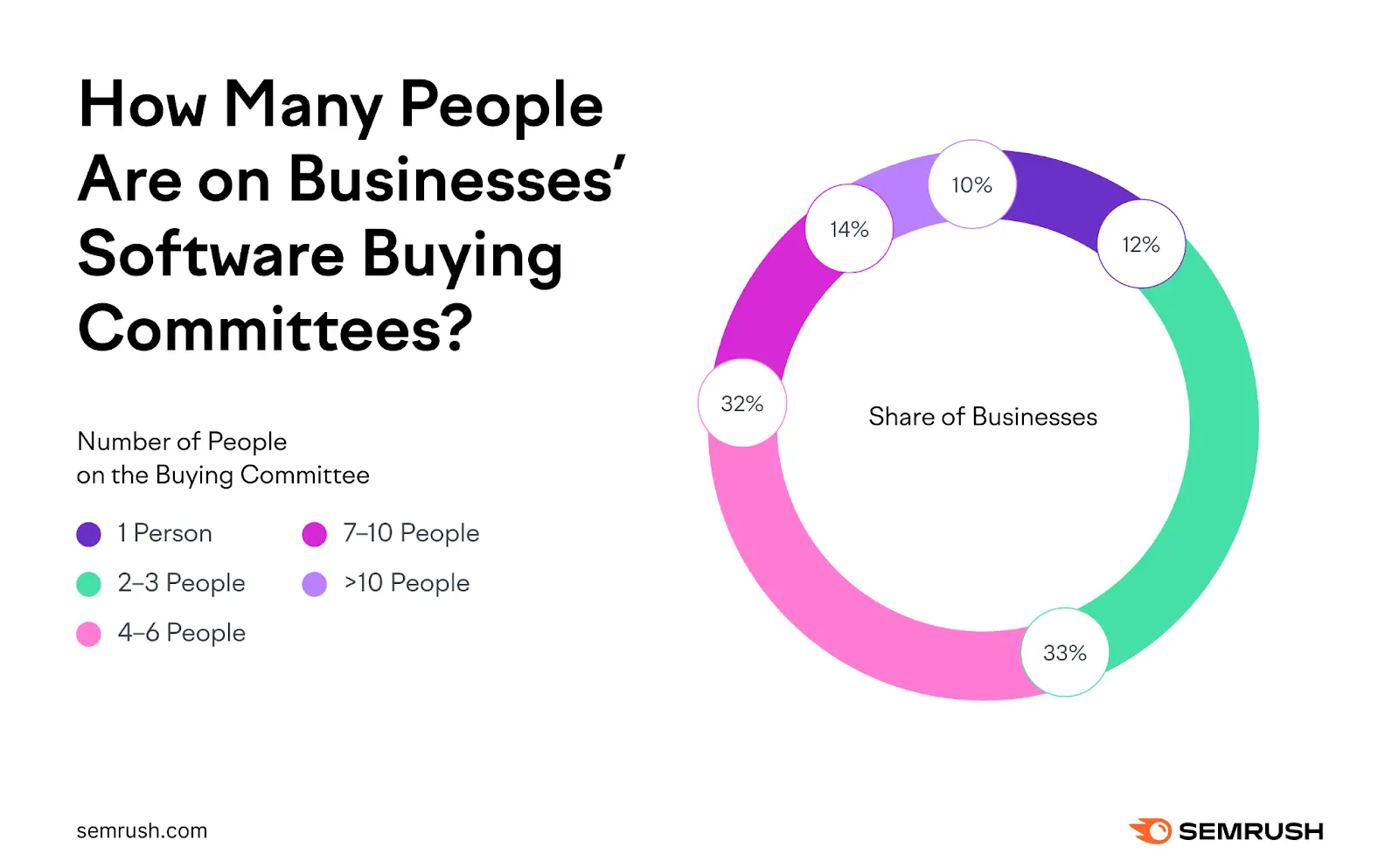
This allows you to create content that is highly relevant to your target market increasing the likelihood of conversions.
By focusing on long-tail keywords you can build authority within your niche and gradually increase your ranking for more competitive terms over time.
This is a sustainable SEO strategy that will yield better long-term results compared to chasing high-volume keywords that are often out of reach for smaller websites.
It’s a marathon not a sprint!
Domain Authority: Not a Direct Ranking Factor
Domain authority (DA) is a metric that attempts to measure the trustworthiness and strength of a website.
While it’s often presented as a key ranking factor it’s not directly used by Google’s algorithms.
While a high DA can indicate a well-established and authoritative site it doesn’t guarantee higher rankings.
Google has explicitly stated that DA isn’t a ranking factor. It’s important to differentiate between DA and other site authority metrics however. These other metrics do reflect ranking signals so while DA itself might not be a direct ranking factor a site’s overall authority – the factors that contribute to DA – certainly is.
Understanding Site Authority: A Holistic View
Focus on building high-quality content earning relevant backlinks and improving the overall technical aspects of your website.

These factors which influence domain authority are the actual ranking factors Google cares about.
A high DA might be a byproduct of these actions but it’s not a goal in itself.
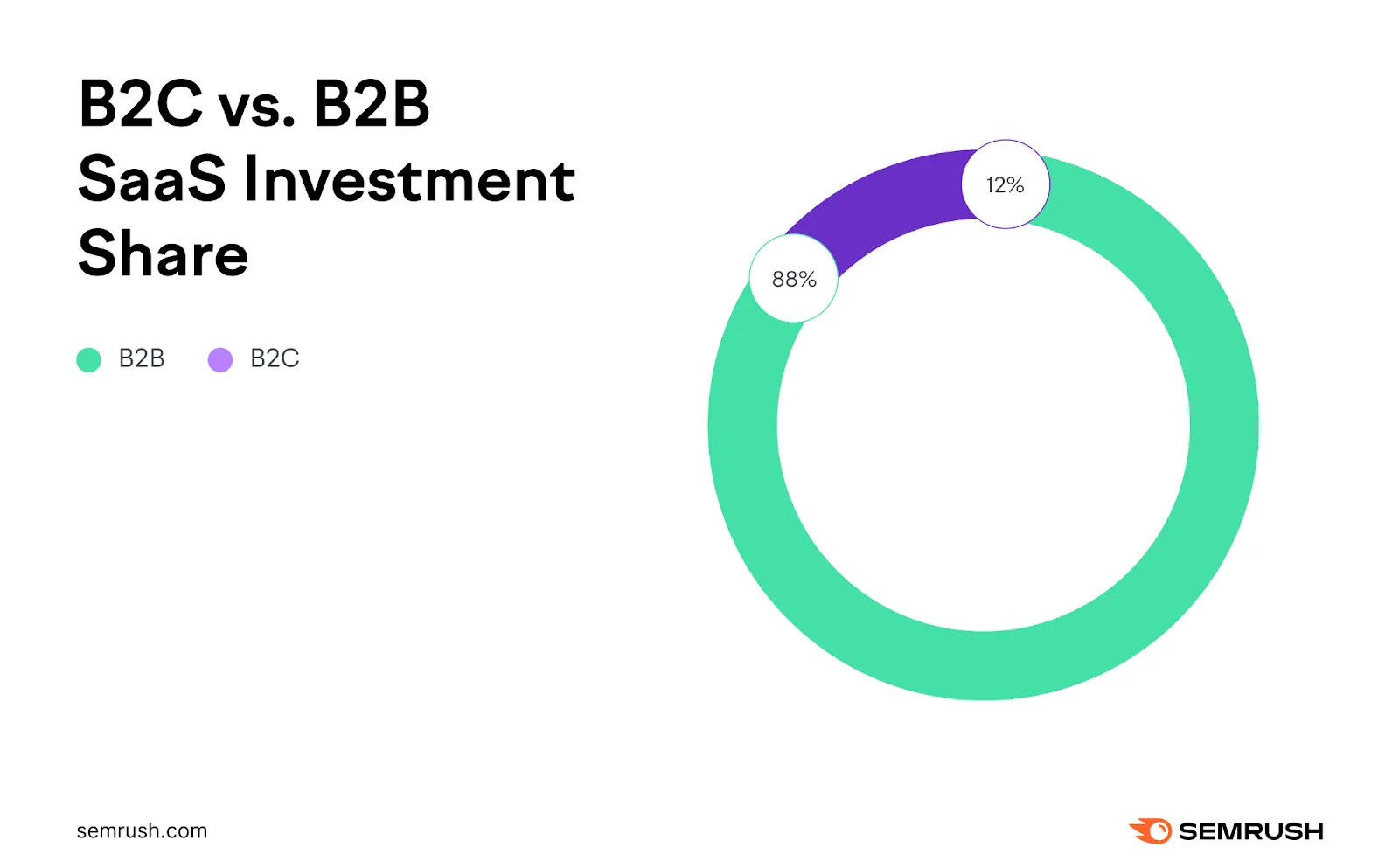
A high DA while nice to have shouldn’t be the primary metric you’re chasing; what really matters is having a website that provides value to the user and is well-optimized for search engines.
Don’t just focus on the number; focus on earning the authority through solid SEO practices.
Duplicate Content: A Misunderstood Issue
Many believe that Google automatically penalizes websites with duplicate content.
While having duplicate content across your own site is not ideal Google doesn’t automatically penalize it unless it’s done to deceive search engines.
The real issue is that duplicate content can confuse Google’s algorithms about which version of the content should be ranked.
This can lead to your content being de-indexed or not performing as well as it should.
Avoiding Duplicate Content Issues
The best way to avoid issues with duplicate content is to ensure that all of your content is unique and high-quality.
However sometimes unintentional duplicate content may creep in due to technical issues or poorly structured websites.
If this happens focus on using canonical tags to tell Google which version of the content to prioritize.
Use tools to identify and resolve duplicate content issues on your site to ensure all your pages are unique and well-indexed.
Long-Form Content: Quality Over Quantity
There’s a prevalent belief that longer content always performs better in search results. While longer articles can rank well it’s not the length that matters; it’s the quality and comprehensiveness of the content. A short well-written article that thoroughly addresses a user’s query can outperform a lengthy rambling piece that lacks depth and focus.
Content Quality and Depth: The Real Keys
The key is to create high-quality in-depth content that completely satisfies user intent.
Focus on providing a comprehensive answer to the user’s search query.
A thorough well-structured article that directly addresses the user’s needs will likely outperform a longer poorly written article that meanders off-topic.
It’s about providing value not just hitting a word count.
Publishing Frequency: Quality Over Quantity
There’s a myth that publishing frequently will automatically improve SEO results.
Check our top articles on 12 of the Biggest SEO Myths: Explained & Debunked
While publishing regularly is good for SEO the quality of the content is much more important than simply publishing at a higher frequency.
It’s better to publish less often but provide high-quality insightful content that truly adds value to your audience.
Google’s algorithm favors quality over quantity.
Consistent Content Strategy: A Balanced Approach
Establish a realistic and consistent content strategy that works for your team’s capabilities and resources.
Prioritize quality and relevance over sheer volume.
Regularly publish new content to demonstrate consistent engagement but don’t sacrifice quality for frequency.
It’s not about how often you publish; it’s about the value you provide with every piece of content.
Hey, fellow Redditors! Think you’ve got SEO nailed? 🤔 Think again! This post just busted some MAJOR SEO myths. Want to level up your SEO game and finally rank higher? 🚀 Check out this killer guide to avoid SEO pitfalls! Let’s get those sweet, sweet rankings! ⬆️
Meta Descriptions: Not a Ranking Factor
Meta descriptions are brief summaries of your webpage’s content.
While they don’t directly impact search rankings they significantly influence click-through rates (CTR). A compelling meta description encourages users to click on your listing in search results but it doesn’t affect your ranking in those results.
Optimizing Meta Descriptions for Clicks
Craft concise and attention-grabbing meta descriptions that accurately reflect the content on your page.
Use them to highlight the benefits of visiting your site.
A well-written meta description can substantially increase the number of people who click on your search results even if it doesn’t improve your position in the rankings.
Mobile-Friendliness: A Crucial Ranking Factor
Many underestimate the importance of mobile optimization.
Google confirmed it’s a ranking factor; if your website isn’t mobile-friendly your rankings will suffer.
Users expect a seamless and user-friendly experience on all devices.
Google rewards sites that provide this experience.
Mobile Optimization: A Must-Have
Ensure your website is responsive and adapts smoothly to various screen sizes.
Use tools to test your site’s mobile-friendliness and identify areas for improvement.
Hey, fellow Redditors! Think you’ve got SEO nailed? 🤔 Think again! This post just busted some MAJOR SEO myths. Want to level up your SEO game and finally rank higher? 🚀 Check out this killer guide to avoid SEO pitfalls! Let’s get those sweet, sweet rankings! ⬆️
A mobile-friendly website is no longer an optional extra; it’s a necessity for successful SEO.
All Backlinks Aren’t Created Equal
Many mistakenly think that simply getting a lot of backlinks is enough.
Quality and relevance are far more important.
A single backlink from a reputable website within your niche is worth far more than dozens of low-quality backlinks from irrelevant or spammy websites.
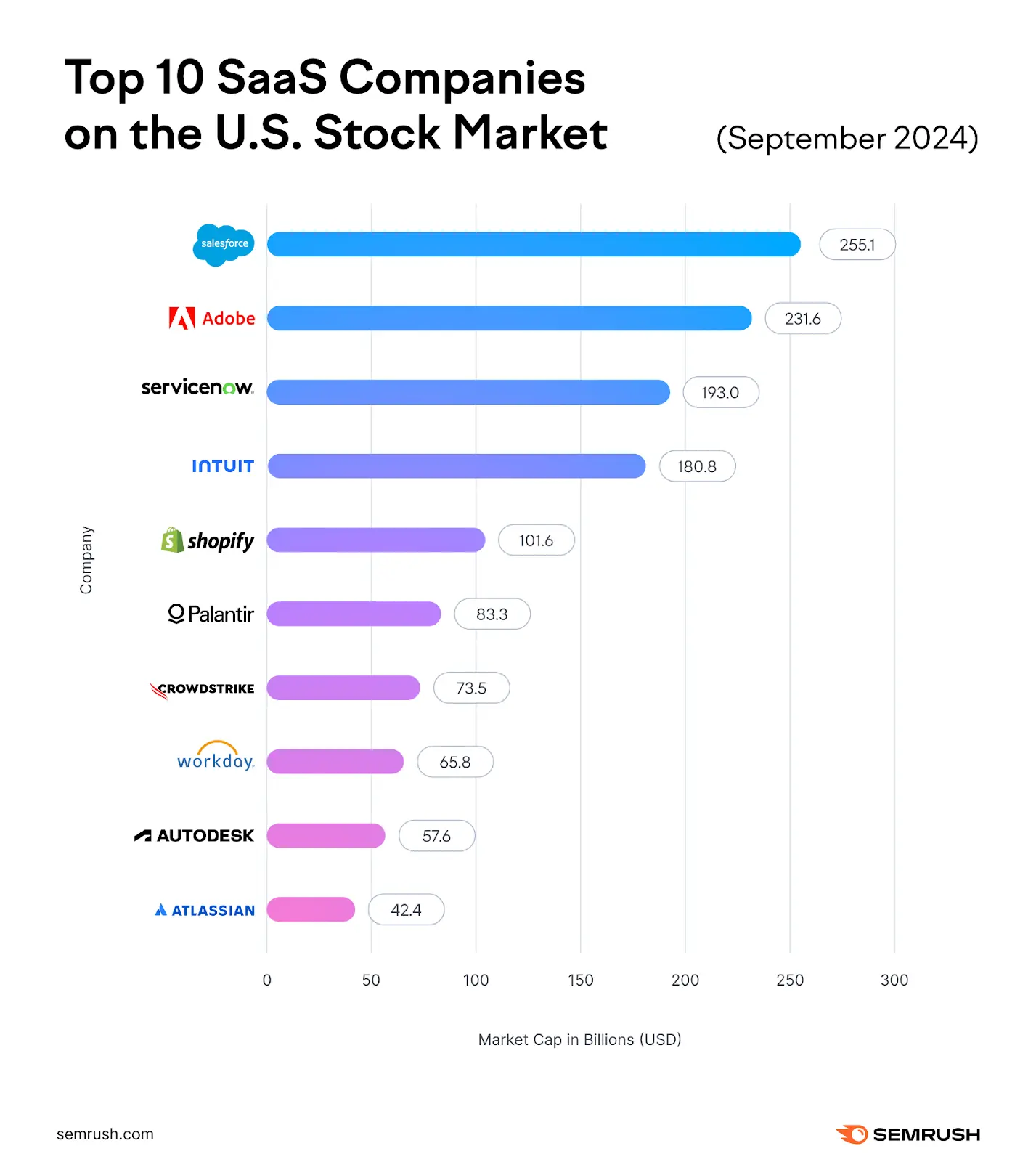
Focus on earning high-quality relevant backlinks from authoritative sites within your industry.
Earning Quality Backlinks: A Strategic Approach
Focus on creating high-quality content that naturally attracts links.
Reach out to relevant websites and suggest opportunities for collaboration or guest posting.
Participate in community discussions and industry events.

A few high-quality backlinks from authoritative sources is more effective than a massive number of low-quality links.
Guaranteed Rankings: A False Promise
No one can guarantee specific rankings.
SEO is complex and involves multiple factors beyond anyone’s control.
Anyone who promises you guaranteed top rankings is simply making false promises.
Focus on sustainable SEO practices that build your website’s authority and improve your overall online presence.
This is a long-term strategy not a quick fix.
SEO Isn’t a One-Time Thing
Finally SEO isn’t a one-time task; it’s an ongoing process that requires constant monitoring and adjustments.
Regularly track your website’s performance update your content and adapt your strategy to changing search algorithms and user behavior.
It requires ongoing effort and attention to maintain high rankings.
It’s a dynamic landscape.
Remember successful SEO is about creating high-quality relevant content building a strong online presence and understanding your target audience.
Focus on those things and the rankings will likely follow.
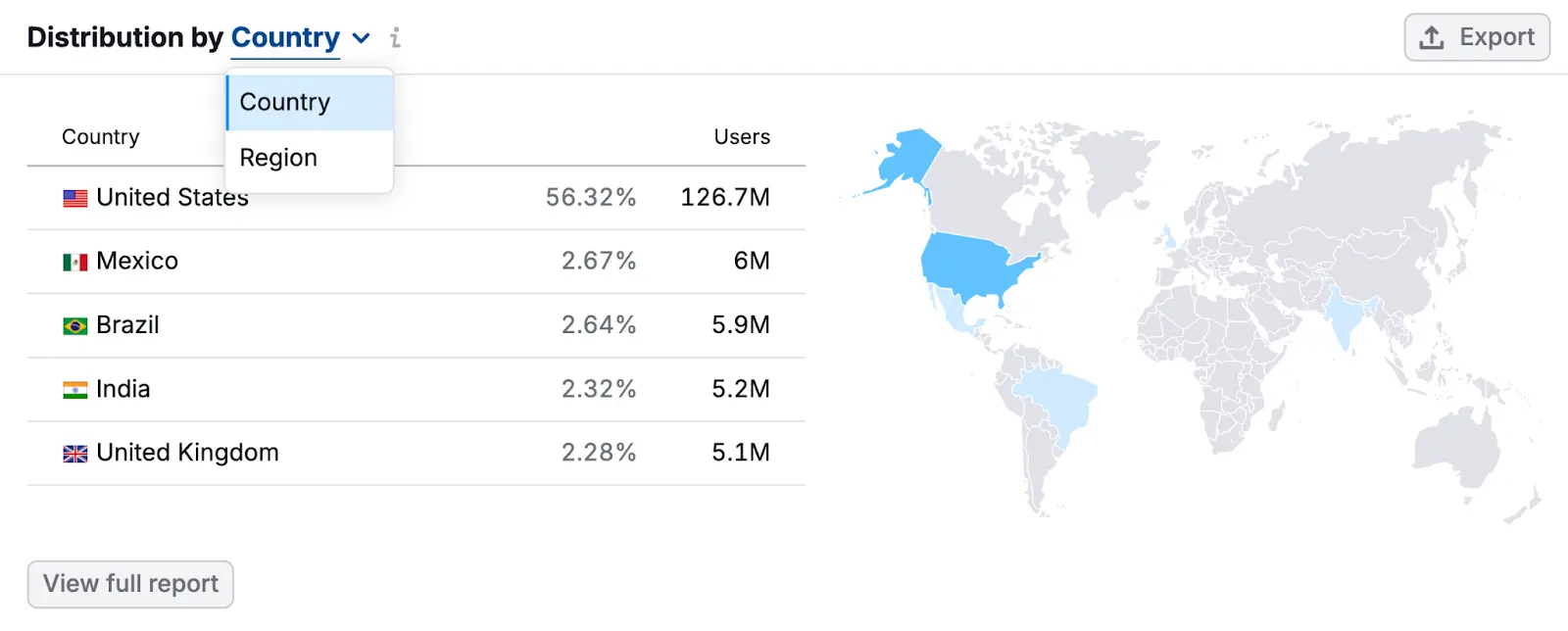
Don’t fall for the myths; focus on genuine user-centered SEO practices.

